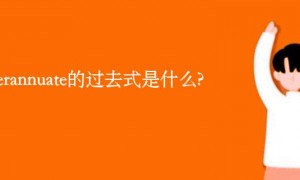- beside the question不切题, 不相干;
- be a question of成为一个问题
- claim tagn.行李票;
- call in questionv.对…表示怀疑;质疑;
- dog tagn.狗牌,<美俚>(战时挂在士兵颈上的)身份识别牌;
- event tag[计] 事件标记;
- inventory tag盘存标签;
- in question考虑之中的,被谈论着的;
- leading questionn.对答案有诱导性的提问;
- laser tag激光器标签
- make no question ofv.承认,不加怀疑;
- No question毫无疑问;
- name tag[计][WIN]名签;名牌;
- out of the question不值得讨论的,不可能的;谈不上;
- out of question毫无疑问;
- open question未解决的问题,有争论的问题;
- price tagn.价格标签;价格,费用;
- pop the questionv.求婚;
- question tagn.疑问句尾;
- question paper试卷;
- 双语例句
If the first part of the sentence is affirmative, the tag question is usually negative.
如果句子是以肯定句开始的, 那附加疑问通常使用否定句.
——期刊摘选
He adds a tag question to his statement to make the listener talk.
他在陈述句后加反诘问句以使听者开口讲话.
期刊摘选
The English tag question is an independent grammar unit with the interrogative surface structure.
英语附加疑问句是具有疑问句表层结构的独立语法单位.
期刊摘选
The second word of a tag question is always a pronoun.
反诘问句的第二个词通常是一个代词.
期刊摘选
A name is never repeated in a tag question.
在反诘问句中名称是绝对不可以重复的.
期刊摘选
This is a tag question.
这是附加问句.
辞典例句
The tag question is a very common linguistic phenomenon in oral English.
附加疑问句是英语口语中很常见的一种语言现象.
期刊摘选
If the first part of the sentence is negative, the tag question is usually affirmative.
如果句子是以否定句开始的, 那附加疑问部分通常是肯定句.
期刊摘选
Each tag question must agree in tense and subject with its preceding statement.
每个反诘问句都要在时态和主语上与前面的陈述句保持一致.
期刊摘选
A person uses a tag question because he isn't sure of what he has said.
人们用反诘问句因为对自己刚说的话不太肯定.
期刊摘选
- 相关短语
- 今日热词
- 热门搜索










